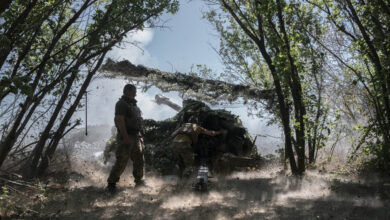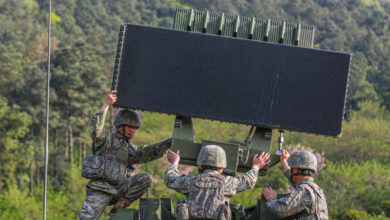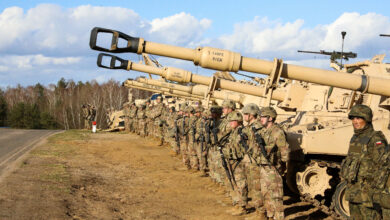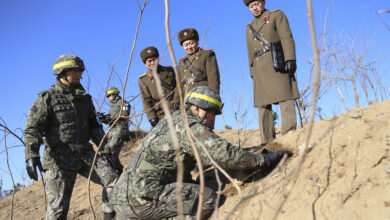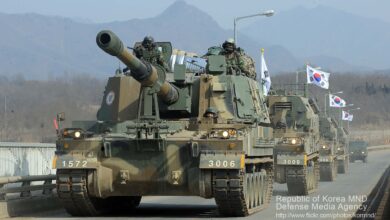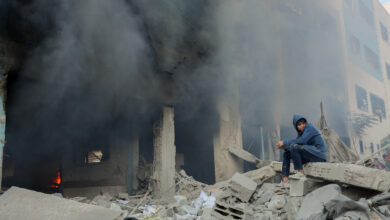Ireland Moves to End UN Veto on Troop Deployment
Ireland’s deputy prime minister Simon Harris said Tuesday that Dublin plans to scrap a mechanism preventing the overseas deployment of Irish military peacekeepers without a UN green light.
Ireland’s small, 8,500-strong defense force has traditionally engaged in international peacekeeping.
But currently three steps – dubbed a “triple lock” – have to be taken before more than 12 members of the Irish defense forces can be sent abroad on any mission.
Harris, who is also defense minister, said a draft proposal to change the triple lock has now been approved at cabinet level.
The first and second steps are green lights from the government and parliament, with the third step – UN approval – now set to be scrapped.
The government argues that Ireland should be able to respond to crises without waiting for approval from the UN Security Council.
Ireland has to be “agile” and be in a position to get Irish citizens out of danger, said Harris.
The government has become more concerned about the triple lock in recent times due to the effective veto it gives to any of the five permanent members of the UN security council – China, France, Russia, Britain and the US – whose agreement is required to authorize resolutions.
“Russia and China should not have a veto on where Irish troops are sent,” taoiseach (prime minister) Micheal Martin said in parliament Tuesday.
Removing the triple lock would be a vindication of Irish sovereignty, he said.
Under the proposed legislation, the number of soldiers that could be deployed as part of any mission would increase from 12 to 50.
But the triple lock is seen by opposition parties as one of the foundations of Irish military neutrality.
Removing it was the first “dangerous” step towards abandoning neutrality, said the leftist-nationalist party Sinn Fein.
Peadar Toibin, leader of the small conservative Aontu party, accused the government of “using” the crisis in Ukraine to send Irish soldiers on EU military missions.
If the government wants to change the triple lock then it should “go back to the people in a referendum.”
More than 250 academics also wrote to Martin to voice their alarm over the proposal.
“The triple lock is a central component of Ireland’s neutral position because it essentially stands as a bulwark against deploying Irish troops unless there is a UN mandate to do so,” they wrote.
“Removing the triple lock may sound the death knell on Irish neutrality.”


